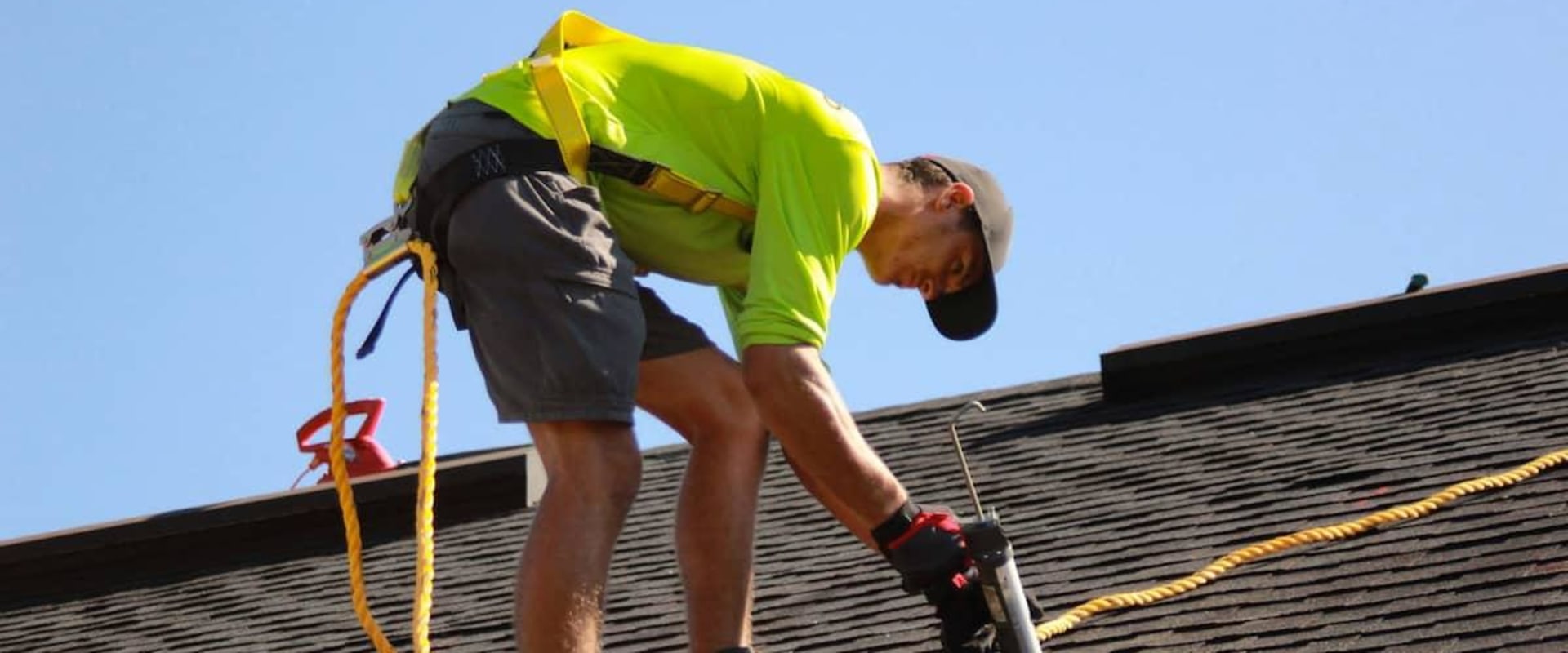The salary of a self-employed roofer (in the UK) is around 66,600 pounds sterling for an individual trader, before taxes and expenses. The highest earning potential of a roofer is that of the owner of a roofing company (Ltd). The average salary of a roofing company owner is around 80,100 pounds sterling per year. Glasgow roofers take the lead, with an average turnover of 103,853 pounds sterling, 148 percent more than their counterparts from Leeds.
How much do self employed roofers make in the uk?
The salary of a self-employed roofer (in the UK) is around 66,600 pounds sterling for an individual trader, before taxes and expenses. The highest earning potential of a roofer is that of the owner of a roofing company (Ltd).
Lorraine Boga30/05/20240 minutes read
Lorraine Boga
Tea Ninja with years of experience in the roofing and construction trade. Certified social media scholar. Devoted social media lover. Hipster-friendly food trailblazer that loves writing and sharing experiences.
Related Posts
What are the different types of commercial roofs?
Lorraine Boga2 minutes readTypes of commercial roofs: constructed roof membrane (BUR), metal roofing, modified bitumen roofing, thermosetting roof membrane (EPDM), thermoplastic roof membrane (PVC and TPO), “green” roof system for gardens. Familiarizing yourself with the types of commercial roofing systems available will help you in your decision-making process.
Why don't commercial buildings have slanted roofs?
Lorraine Boga2 minutes readThe ability to avoid inclement weather is why residential homes often have sloped roofs; the design helps protect the building from storm damage. This is because flat roofs provide a level surface for workers to move around or to place equipment.
What is the lifespan of a commercial roof?
Lorraine Boga2 minutes readTried and authentic metal roofs come with the best longevity, lasting between 40 and 60 years. When choosing your commercial roof material, it's important to do so.
What is the difference between commercial and industrial roofing?
Lorraine Boga3 minutes readCommercial roofs often include lightweight materials suitable for flat or low-slope roofs, emphasizing design flexibility. Industrial roofs require robust materials capable of withstanding heavy loads and adverse conditions, which are often seen in structures with steep slopes.










